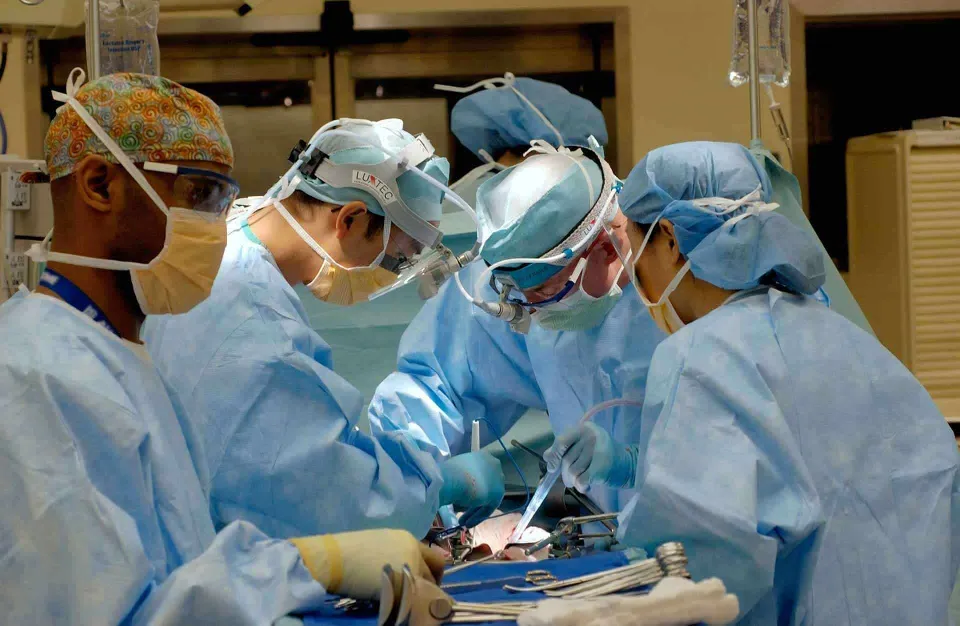When seeking surgical care, patients may encounter both general surgeons and specialists. While both are highly trained professionals, their roles, training pathways, and scope of practice vary significantly. Understanding these differences is helpful when determining which type of surgeon aligns with a patient’s particular needs. Here are some key differences:
Scope of Practice
The most noticeable difference lies in the scope of practice. Surgeons are trained to address a broad range of conditions and surgeries across the human body. They often handle surgeries involving the abdomen, digestive tract, thyroid, breast, and soft tissue. General surgeons also act as first responders to many emergencies requiring immediate surgical intervention, such as trauma or appendicitis.
Specialists dedicate their practice to a specific organ system or type of surgery. Orthopedic surgeons focus solely on bones and joints, while cardiovascular surgeons specialize in procedures related to the heart and blood vessels. These narrowly defined areas allow specialists to master particular techniques and treatments, making them an ideal choice when complex or condition-specific expertise is required.
Training and Education
General surgeons and specialists begin their careers with similar educational pathways. Both completed medical school, followed by a surgical residency, which typically lasts five to seven years. During this time, they acquire skills in a wide range of basic surgical practices under the supervision of experienced surgeons.
For those who pursue specialization, additional training is necessary. Specialists typically enroll in fellowship programs, which offer focused insight and advanced skills within their chosen area. For instance, a neurosurgeon may spend years mastering brain or spinal surgeries. While general surgeons complete their formal training after residency, specialists devote extra time to achieve more profound expertise in their chosen field.
Types of Procedures
The variety of procedures performed by general surgeons is another defining characteristic of their practice. They perform standard surgeries, such as hernia repairs and gallbladder removals. These surgeons are highly adaptable, often stepping in to handle emergencies or unexpected surgical needs.
Specialists focus on advanced or particular procedures. A gastroenterologist surgeon might perform gastric bypass surgeries, while a thoracic surgeon might manage lung or esophagus-related disorders. Specialists’ in-depth knowledge and refined techniques make them practical when dealing with intricate medical conditions or challenging surgical scenarios. Their expertise allows them to deliver highly targeted care to patients with specific diagnoses.
Patient Population
Each type of surgeon also interacts with distinct patient populations. General surgeons encounter a diverse array of individuals from various backgrounds, presenting conditions that range from routine to urgent. Their broad training equips them to address a wide variety of cases effectively.
Specialists typically work with patients who have more specific needs. An oncological surgeon typically works with individuals battling cancer, collaborating with other medical professionals to form comprehensive treatment plans. These interactions often result in long-term, condition-specific care for their patients, fostering strong patient-physician relationships within their domain of expertise.
Find General Surgeons Near You
When facing surgery, determining whether you need a general surgeon or a specialist depends on the nature of the condition being treated. A general surgeon can skillfully manage typical or urgent issues, while a specialist may better address complex or particular situations. Educating yourself about their distinct roles is a practical first step to receiving optimal care. Both general surgeons and specialists are committed to delivering the best outcomes for their patients, but their focused expertise often determines the scope of surgical care they provide. Schedule an appointment with a surgeon who fits your needs.

